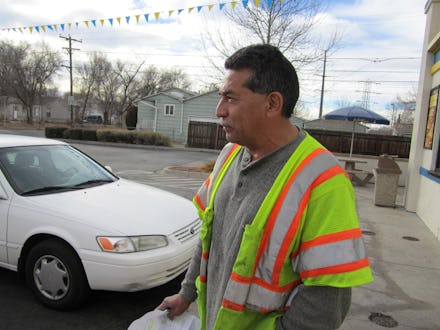Minimum Wage Hike Approval Hits 75% According to New Gallup Poll

Mentioning the minimum wage is always guaranteed to get everyone angry at cocktail parties. For the left, it's an issue of the exploitation of the working class. Moderates use the term “living wage” to express the idea that low-skilled workers aren’t getting paid fairly, conservatives preach the adverse effects of the minimum wage on low-skilled workers.
But it's interesting to find that Americans actually have pretty consistent views on this issue. A new Gallup poll shows that 76% of Americans support an increase in the federal minimum wage to $9.
With such high levels of support, what should a reasonable person expect to happen if a bill increasing the minimum wage passed? A fair-minded look at the data reveals that contrary to the conservative view, the short-term effects on employment would be minimal. In fact, there could actually be positive unintended consequences. University of California economics professor Richard Sutch suggests that an increase in the minimum wage might result in lower high-school dropout rates. But this would coincide with capital deepening (the replacement of human labor with technology), which would reduce the number of low-skilled openings in the long run.
For a majority of workers, nothing would change. There are exemptions to federal minimum wage laws that allow millions of workers to get paid less than minimum wage legally. Additionally, the number of workers getting paid minimum wage right now is very small. There are only 1.6 million people receiving minimum wage. This is only 2% of total hourly paid workers — bleeding-heart liberals would do well to remember that raising the minimum wage is not a panacea.
There's an easy compromise here: federal minimum wage should be left alone, and states should increase their minimum wages as they see fit. Costs of living vary by location. A $9 minimum wage might be more than the intrinsic value of the actual work in certain parts of the country where the costs of living are relatively low, and less than the intrinsic value of labor in areas of the country where costs of living are very high.